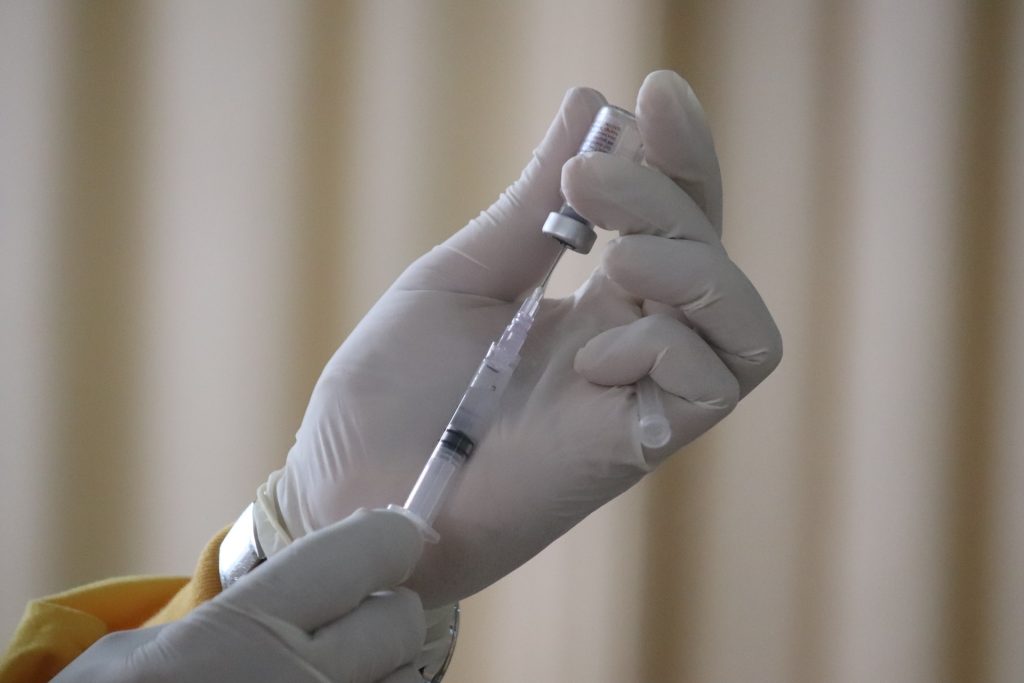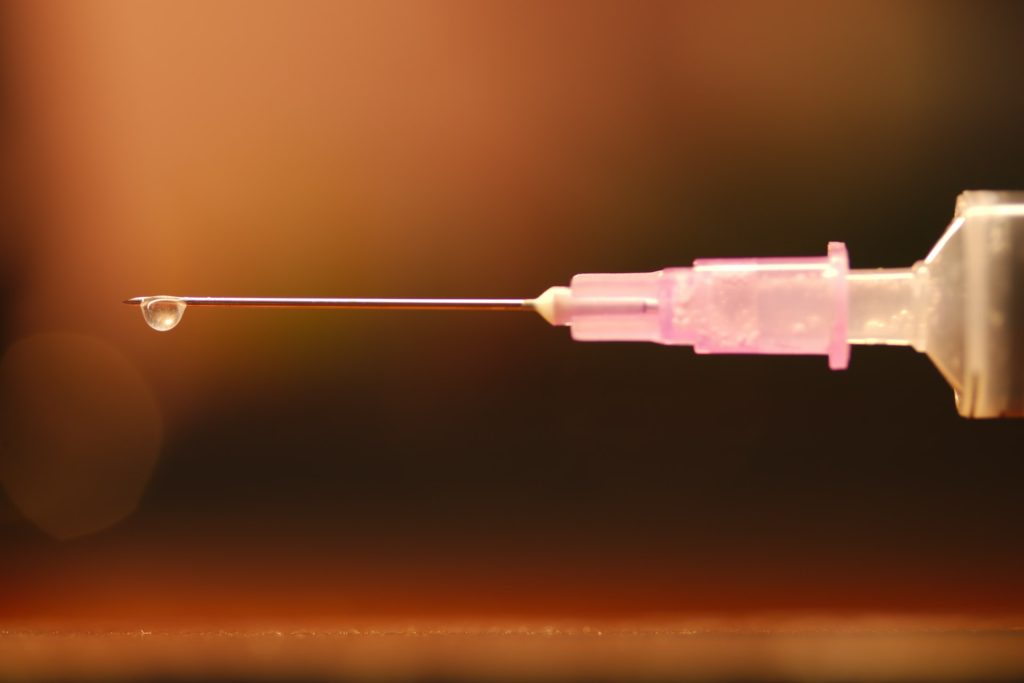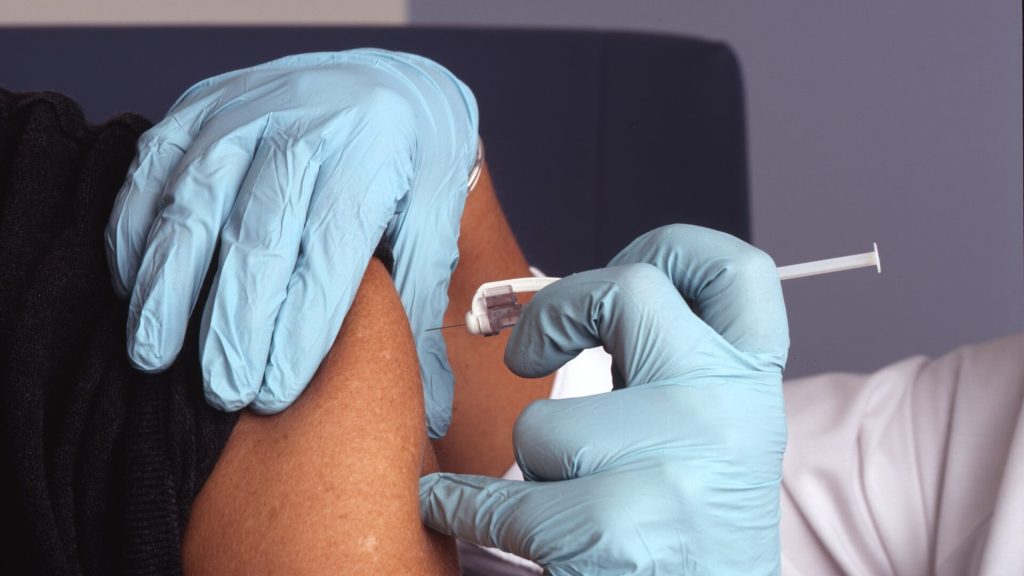Could the BCG Vaccine Reduce Alzheimer’s Risk?

The Bacillus Calmette-Guérin (BCG) for tuberculosis vaccine has a number additional beneficial effects, and is currently a recommended therapy for non–muscle-invasive bladder cancer. In a new study published in JAMA Network Open, treatment with the BCG vaccine was associated with a reduced risk of Alzheimer’s disease and related dementias.
Although previous research has suggested a link between the BCG vaccine and a lower risk of dementia, studies were limited by size, study design, or analytical methods. To conduct a more robust study, researchers followed 6467 individuals for up to 15 years after they were diagnosed with non–muscle-invasive bladder cancer.
The group included 3388 patients who underwent BCG vaccine treatment and 3079 who served as controls, matched by factors such as age, sex, and medical co-morbidities.
During follow-up, 202 patients in the BCG vaccine group and 262 in the control group developed Alzheimer’s disease and related dementias. The incidence was 8.8 per 1000 person-years and 12.1 per 1000 person-years in the respective groups.
Analyses revealed that treatment with the BCG vaccine was associated with a 20% lower risk of Alzheimer’s disease and related dementias. The protective association was greater in patients aged 70 years or older. Additionally, during follow-up, 751 patients in the BCG vaccine group and 973 in the control group died. Thus, treatment with BCG vaccine was associated with a 25% lower risk of death.
Study leader Marc Weinberg, MD, Ph.D., an Instructor in Psychiatry at MGH, said: “A vaccine like BCG, if proven effective, is a perfect example of a cost-effective, population-health–based solution to a devastating illness like Alzheimer’s disease. We are shifting our focus towards studying the potential benefits of BCG vaccination of older adults in Alzheimer’s disease–related clinical trials.”
If a causal link is found, it will be important to understand the mechanisms involved. Weinberg and his colleagues note that the BCG vaccine’s effects on the immune system may play a role.
Source: Massachusetts General Hospital





